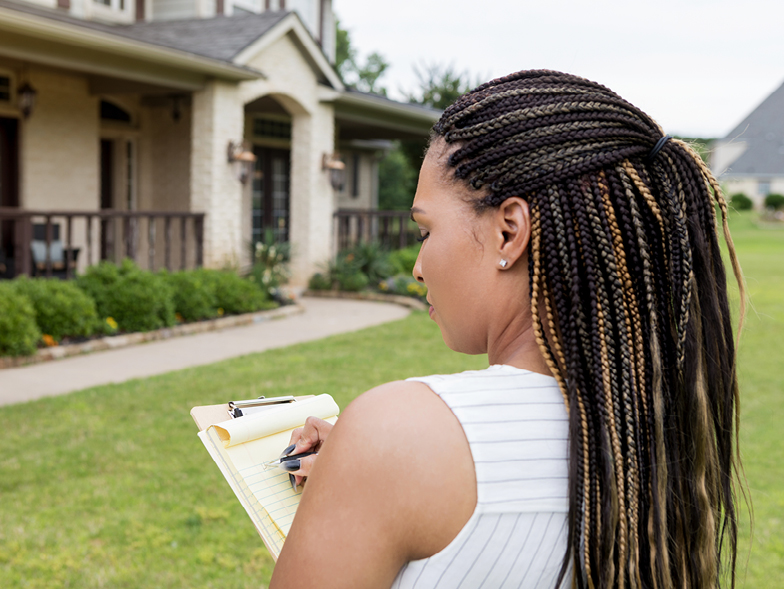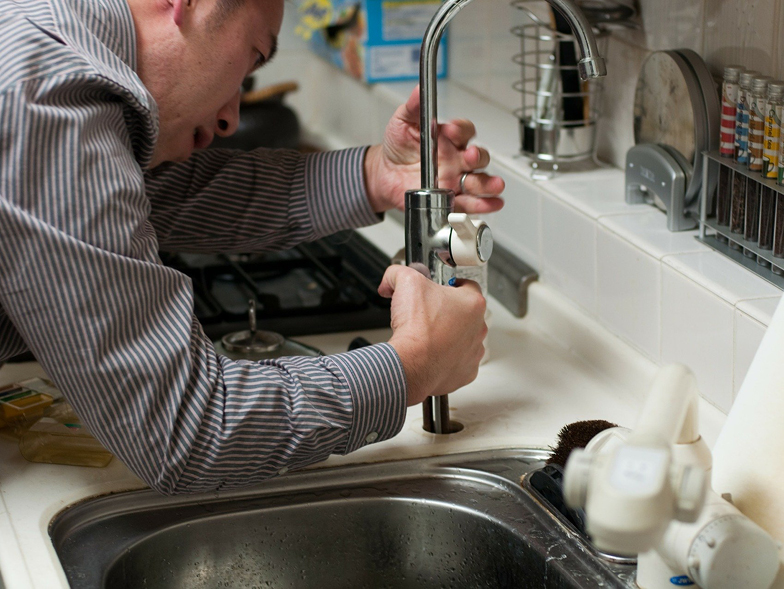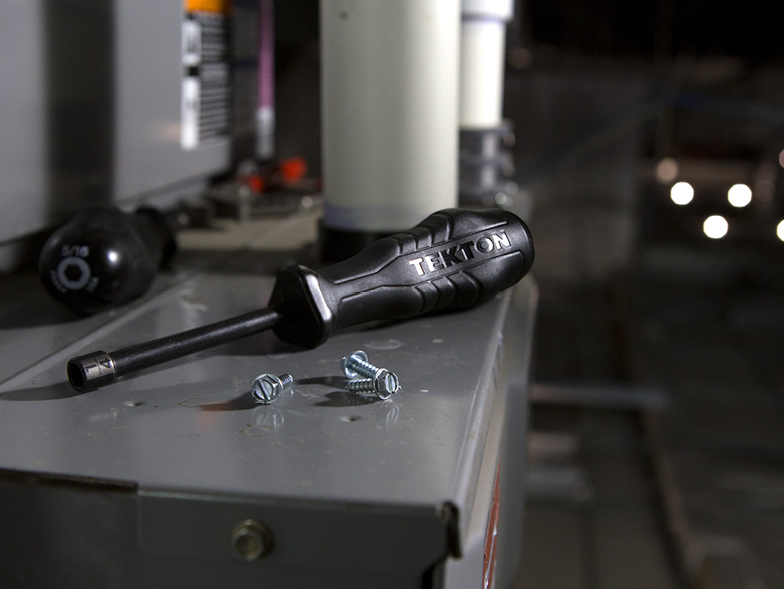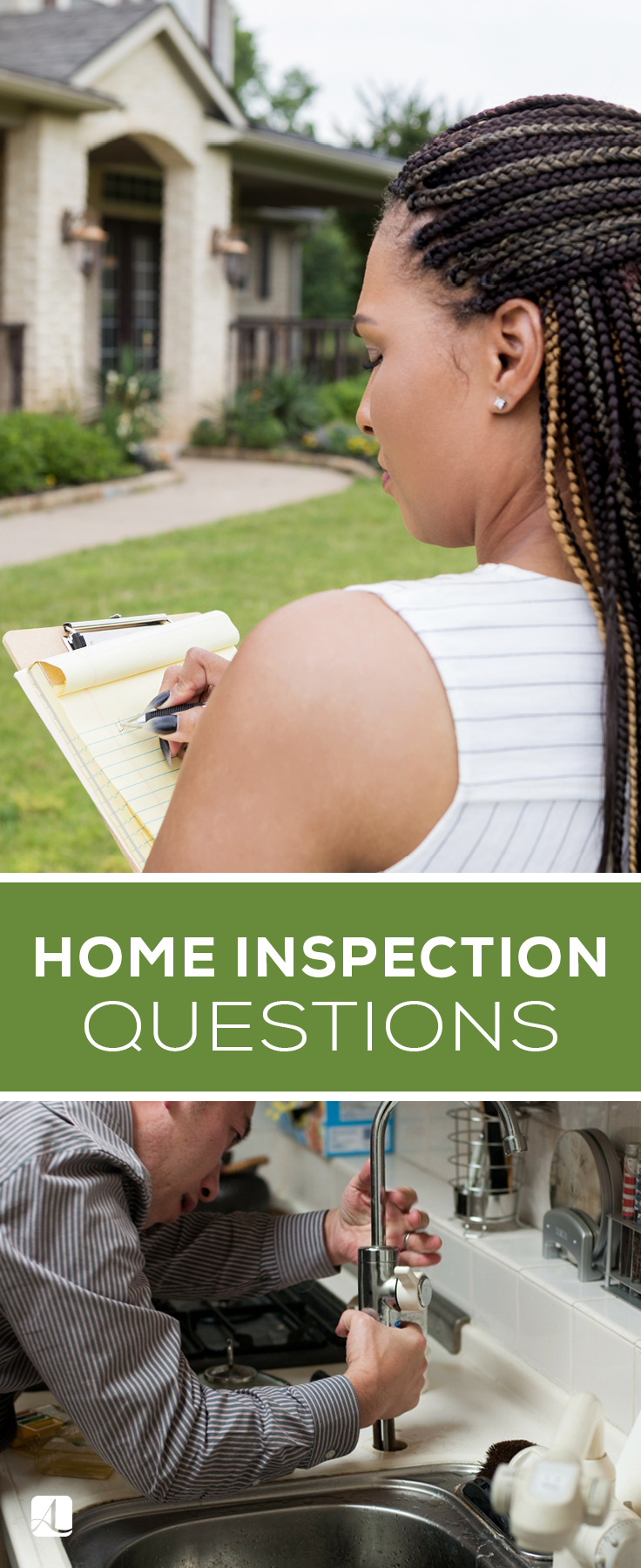Ask Your Agent: 10 Questions for the Home Inspection Process
You’ve found the home of your dreams, it’s in your price range, and you’ve received a preapproval from your lender. Your agent has successfully negotiated with the seller’s agent, and you are now under contract. Time to pop the champagne? Well, not yet. You have a long road ahead of you, and one of the first steps is the home inspection.
While the home inspection is an exciting time, it can also be fraught with frustrations. In some cases, a bad home inspection can trigger a whole new round of tough negotiations. Here are ten questions that you should ask at some point before or after the home inspection. Whether you’re a first-time homebuyer or a seasoned homeowner, every inspection, like every home, is different. Ask the right questions of your real estate agent during the process so you can better prepare for the unexpected.

1. Who will be at the home inspection?
The only person who has to be at the inspection is the inspector. However, you and your real estate agent may also wish to attend. For you, it’s an opportunity to learn more about the home and to gain valuable insights from the inspector. For your agent, it’s an opportunity to talk with you about issues as they arise and to answer any questions you may have.
In addition, the listing agent and sellers may choose to attend the inspection, although this is generally frowned upon. You are paying for the home inspection, and it is for your benefit. If the sellers and their agent decide to attend, you’ll want to let your agent handle any of their questions or comments.
2. How will you choose a home inspector?
If you know a trusted home inspector, you can certainly ask your agent to schedule the inspection with them. However, if you don’t, your real estate agent will know a home inspector and will schedule the inspection as soon as possible after the contract is ratified. Don’t forget: a home inspection is your financial responsibility and will not be included in the closing costs. You will pay the home inspector on or before the date of the inspection.

3. Should I opt for an optional or specialty inspection?
In many areas, radon is an optional test that can be performed at the same time as the home inspection. According to the Environmental Protection Agency, radon is the second-leading cause of lung cancer, and it can be found in all fifty states. While you are not required to test for radon, it is generally recommended.
Beyond that, there may be additional inspections that you would like performed, especially if there is a question about a system or structural element following the home inspection. For example, a home inspection that identifies a potential problem in the HVAC system might mean a second, more specialized inspection of that system, especially if there has been deferred maintenance on the home.
This is something that you will need to discuss with your real estate agent. They will then need to request permission from the sellers for an additional inspection and, with their permission, may need to change the terms on the inspection contingency.
4. What should I do during the home inspection?
The choice is yours. If you decide to attend the home inspection, you may want to spend time taking a closer look at the home and grounds. You may want to accompany the inspector in order to glean insights about the home’s systems and overall condition. Some inspectors enjoy educating homebuyers about maintenance and upkeep, and they may offer you valuable information about keeping the house operating optimally.
5. How long will I have to wait for the inspection report?
In some cases you’ll get the inspection report within twenty-four hours, while other inspections may take three to four days. Much depends on the age, condition, and size of the home. While the inspection itself only takes a few hours, the inspector will need to spend time analyzing the implications of any problems identified and providing recommendations for follow-up. These will include categorizing needed repairs or updates according to seriousness and urgency.
6. What should I pay attention to in the home inspection report?
First, look at the items that your inspector has identified as most urgent. Talk with your real estate agent to put together a list of priorities and to determine a strategy for discussing any serious issues with the sellers and their agent. For less urgent items or those that you do not wish to tackle during the contract period, consider putting together a to-do list so that you can address them at a later date.

7. What are my options once I receive the report?
You have the option to do nothing, clear the contingency, and move on through the process. Alternatively, you and your agent may want to create an itemized list of repairs to be completed by the homeowners before the closing date. You will want to discuss whether those repairs must be done by a licensed contractor or if there are DIY items that they might complete themselves. On the other hand, you may want to ask for a cash credit at closing in order to allow you to do the repair yourself.
Remember, this will begin a new round of negotiations that, in some cases, can be as stressful as the initial contract negotiations. Keep your budget and goals in mind and don’t allow yourself to be sidetracked by frustrations over a minor repair into upending your home purchase. By the same token, don’t feel obligated to continue with a purchase if the inspection has uncovered items that are serious and costly.
8. How do I know that the work has been done properly?
During the rest of the contract or escrow period, the sellers should have the work done according to the requirements you both agreed on. If they hire a professional to perform the needed repairs, they should be able to provide an itemized receipt for services as they are completed. If they are doing some of the repairs themselves, they should provide an itemized receipt for necessary supplies and photographs of the finished work. Talk to your agent to check on the progress of repairs as they are completed.
9. What if I find that work has not been done in time for closing?
Should you get to the final walkthrough and find that some of the repairs have not been completed to your satisfaction, you still have recourse. The sellers can prepay a professional of your choice to complete the repairs after closing, or they can provide a cash payment at closing to cover the costs. Talk to your real estate agent about your options and identify the simplest way to ensure that the repair costs are covered.
10. How can I protect myself after closing?
Once closing has been completed, it becomes more difficult to hold the seller responsible for incomplete or undisclosed repair issues. It becomes the responsibility of the buyer to prove that the seller was negligent or acting with fraudulent intent in not disclosing a serious problem. This can make it difficult to file and win legal action to hold the sellers responsible.
Talk with your agent and find out if you should ask for or purchase a home warranty in order to provide an additional layer of protection in the event of an issue that doesn’t appear until after you have closed on the home.































